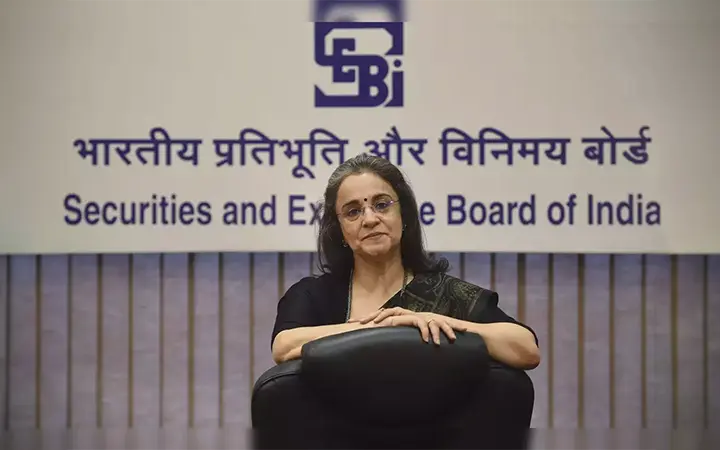In a digital age where information flows as freely as water, the rise of financial influencers—dubbed “finfluencers”—has democratized access to stock market insights. But as the saying goes, not all that glitters is gold. The Securities and Exchange Board of India (SEBI) has recently turned its gaze toward these unregistered advisers, and the ensuing crackdown raises critical questions about the balance between financial freedom and regulatory oversight.
For many, these finfluencers have been a gateway to the complex world of stock market trading, offering insights, tips, and a sense of community that traditional financial institutions often fail to provide. With their relatable content and easy-to-understand advice, they’ve empowered millions to take control of their financial futures. But as their influence grows, so too does the risk of misinformation, poor advice, and outright fraud.
SEBI’s move to clamp down on unregulated entities is understandable, if not overdue. The stock market is not a playground, and the potential for financial ruin is very real. Unregistered advisers, many of whom lack the necessary qualifications or accountability, can lead unsuspecting investors into murky waters. The recent actions by SEBI are, in essence, a protective measure, aimed at safeguarding the interests of the average investor who may be easily swayed by the allure of quick profits and charismatic personalities.
However, there’s a fine line between regulation and overreach. SEBI’s crackdown, while necessary, also risks stifling the very innovation and accessibility that has brought so many new investors into the fold. The appeal of finfluencers lies in their ability to simplify and humanize financial concepts that are often shrouded in jargon and elitism. By imposing strict regulations, there’s a danger of creating barriers that could exclude the very people who need financial education the most.
The real issue here isn’t just about unregistered advisers; it’s about the systemic flaws in our financial education system. If our schools and universities provided robust financial literacy, the average citizen wouldn’t need to turn to Instagram or YouTube for advice on where to put their money. SEBI’s crackdown is a band-aid solution to a much larger problem—our collective failure to equip people with the knowledge they need to make informed financial decisions.
Furthermore, the crackdown highlights the ongoing struggle between old and new forms of financial guidance. Traditional financial advisers, who are bound by strict regulatory frameworks, often view finfluencers as a threat to their business models. But rather than working against each other, there’s an opportunity here for collaboration. Imagine a scenario where finfluencers are encouraged to obtain certification, bringing their reach and relatability into alignment with the credibility and accountability that SEBI demands. This could create a more robust ecosystem where investors are both informed and protected.
SEBI’s intentions are clear: to maintain the integrity of the financial markets and protect investors from harm. But the execution of these regulations must be carefully considered. It’s imperative that we don’t throw the baby out with the bathwater. The financial landscape is evolving, and our regulatory frameworks must evolve with it, balancing the need for oversight with the importance of accessibility and innovation.
In the end, SEBI’s crackdown is a wake-up call—not just for unregistered finfluencers, but for all of us. It’s a reminder that financial freedom comes with responsibility. Whether we’re consuming advice from a certified professional or a charismatic YouTuber, we must do our due diligence, question the information we receive, and make informed decisions.
As SEBI tightens the reins, the hope is that this will lead to a more accountable and trustworthy financial advisory space. But it’s also a call to action for everyone involved in the financial ecosystem—regulators, educators, influencers, and investors alike—to work together in building a future where financial literacy is a right, not a privilege, and where protection and innovation go hand in hand.

